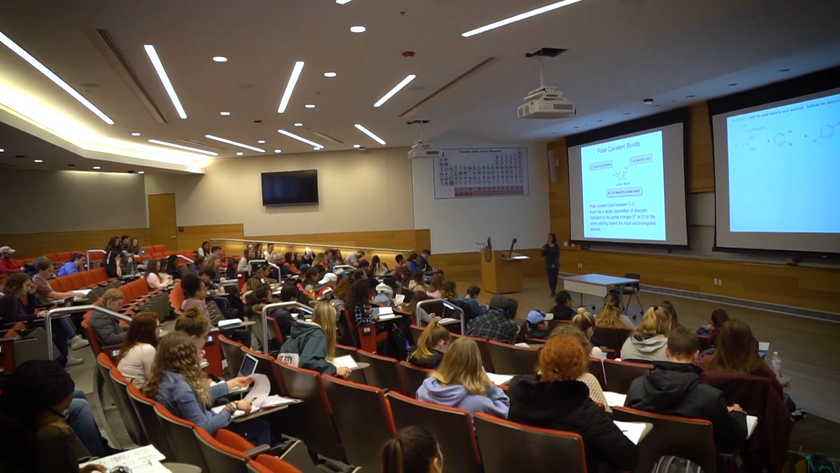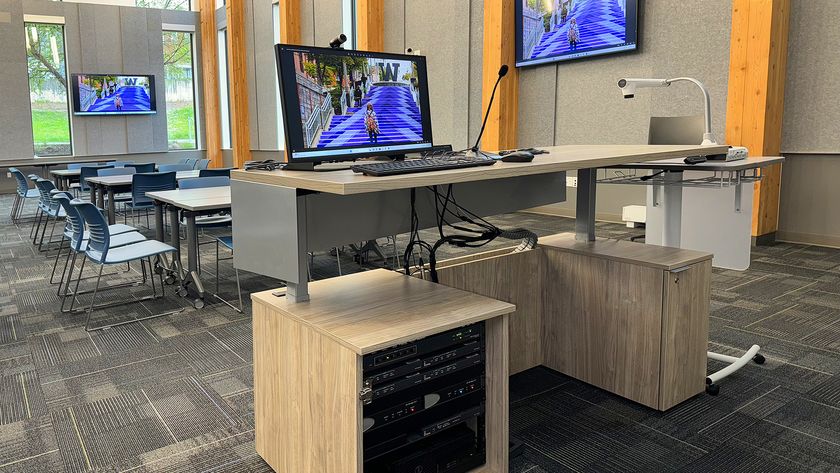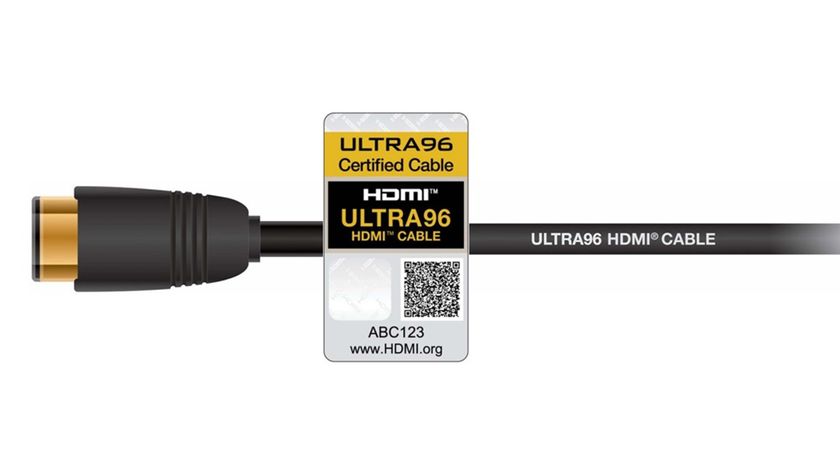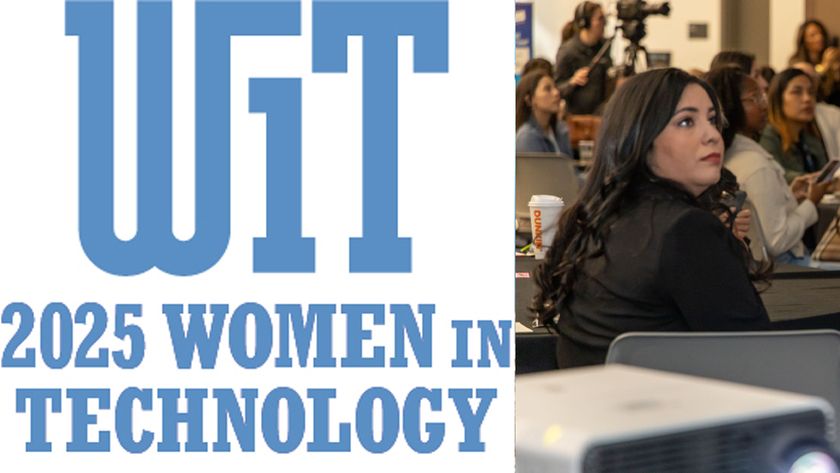- Landfills around the world heaved a collective sigh of relief on July 1 when RoHS (Restriction of Hazardous Substances) compliance became mandatory for electronic products exported to and used in the European Union.
- What this means for U.S. manufacturers in the commercial audio/video industry is a clear set of rules for new electronic components produced. This directive bans placing products on the EU market if they surpass allowable levels of lead, cadmium, or mercury, among other chemicals.
- Electronics producers can expect similar compliance here in the U.S. to be mandatory in the next couple of years, so adherence to new production schemes without these hazardous materials is the only way to go.
- What this environmental-protection initiative means for integration companies in the U.S. is a series of unanswered questions regarding the disposal of old equipment when they go in to do a retrofit job. "One area that impacts us financially is when we remove existing equipment from a facility," said Adam Thompson, vice president, sales and engineering, Thompson Engineering in Riverside, CA. "Most of the time we turn it over to the owner,
- but if we have a large project and we're asked to dispose of product
- containing lead it could get expensive."
- In a synergistic relationship, new rules for manufacturers are passed on to the integrators. "What we're hearing on the integrator's side is the electrical code aspect," said Chuck Wilson, National Systems Contractors Association (NSCA) executive director. Questions abound, such as: What do you do with materials
- that contain lead or the wire you have to pull out as a result of the abandonment of the existing cabling? "Our role here is to educate the industry. We don't want the contractors to get stuck with [the hazardous equipment]. We don't necessarily want the product to go back to the manufacturer. But we don't want the end users to have to dig a whole in their backyard and dispose of it in the middle of the
- night."
- In order to be ready for the July 1, 2006 deadline, most manufacturers started reworking their processes around the third quarter of 2005. For manufacturers ensuring the environmental safety of equipment produced from now on, this compliance has affected every aspect of production from design and engineering to purchasing. Production of circuit boards in the old days uti-lized a solder that contained lead. In order to be RoHS-compliant, the solder must be lead-free. In order to make the lead-free solder work, the
- process temperature needs to be higher. Also, all the components coming from various vendors also need to be RoHS-compliant.
- "We jumped on it right away," said Jan Sandri, president of FSR in West Paterson, NJ. We knew it was coming down the road. It's basically a voluntary program that's being run by the manufacturers themselves. Because there is no agency overseeing it. We voluntarily became RoHS compliant."
- When it comes to designating legislation for production of new products as well as the proper disposal of old equipment there is still a variety of approaches lacking a cohesive, unifying, enforceable set of standards at the moment. "The problem with what's going on in the U.S. is the states are creating a patchwork of ways to address ewaste," said Dave Johnson, government affairs director for the NSCA. "As opposed to a national approach, there are states that have state-level policy."
- California is often singled out as the forerunner in legislation to address
- e-waste, followed by other states in the Pacific Northwest.
- "We tracked close to 200 pieces of legislation in close to 35 states that addressed e-waste," said Johnson. Approaches ran the gamut in the different states: Do they make it a retailer recycling approach? Should there be manufacturer registration? Should there be an outright ban on the products?
- "Issues like these tend to be addressed at the state first in order to gain momentum to get to the federal level," said Johnson. "There's a state's rights issue there too. The federal government has to be careful pre-empting anything that the states would feel they have the jurisdiction to address."
- "The first couple times bills like these get into the session, they won't go through, but they raise public awareness which leads itself to people understanding the issue more and then legislation starts passing instead of just dying on desks," said Johnson.









